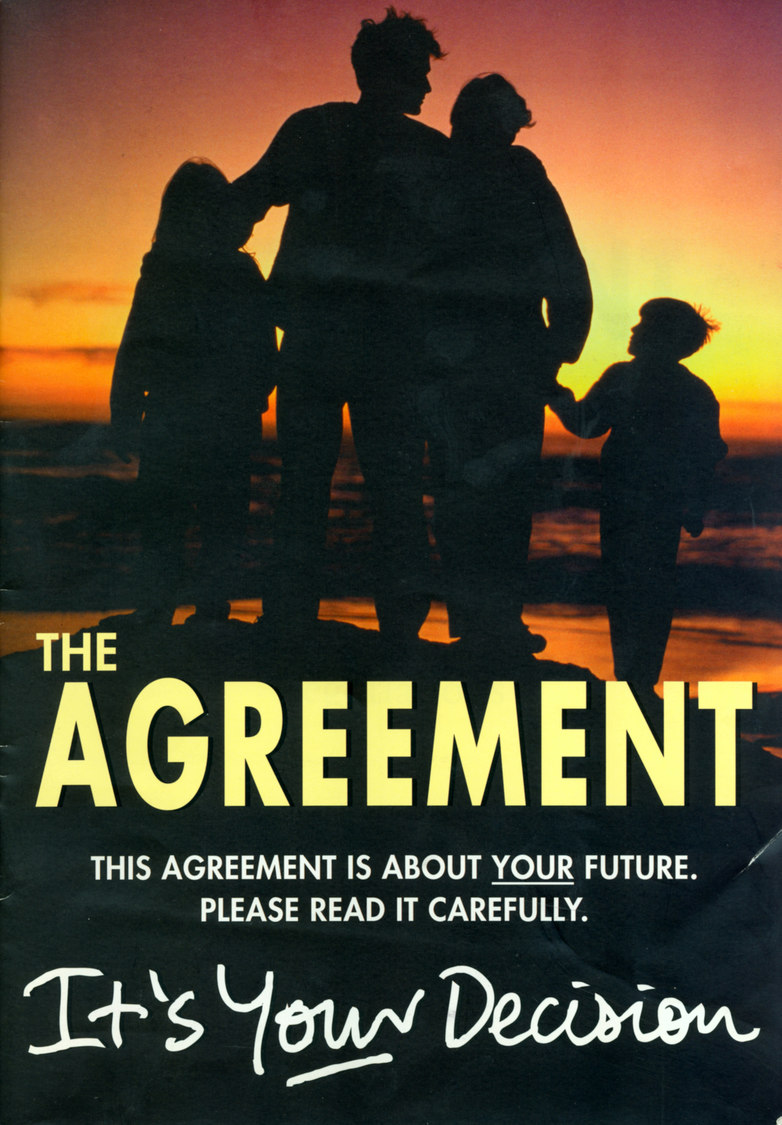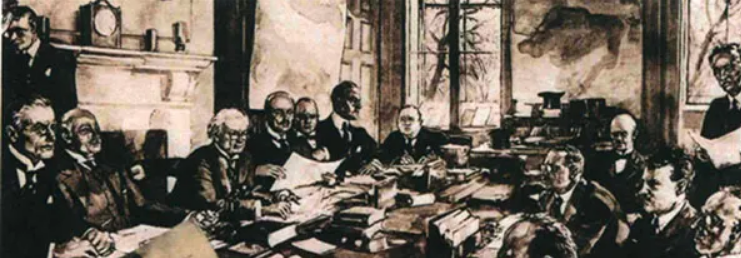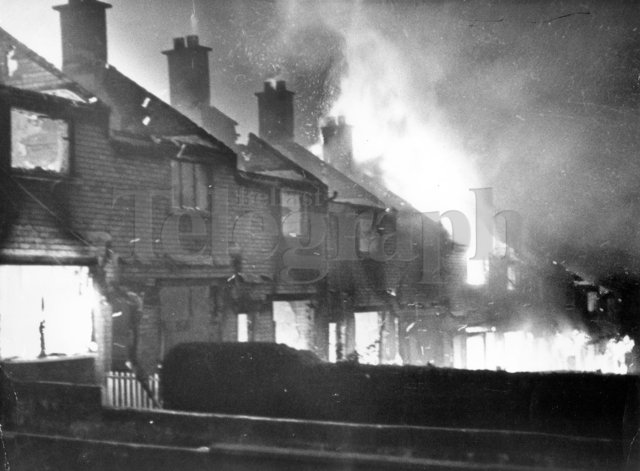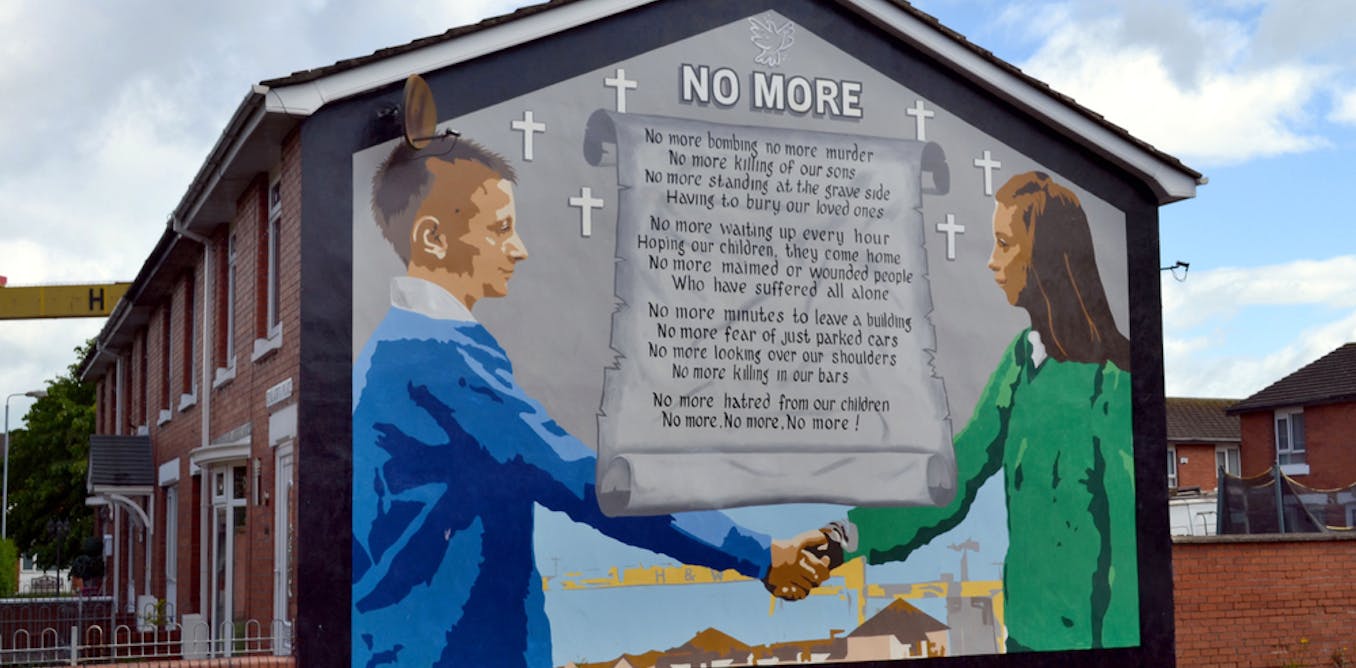The Good Friday Agreement (GFA) has been the most significant document defining Anglo-Irish relations since the 1921 Treaty. It was both result and remedy after 70 years of continual violent conflict in Northern Ireland: the deadly legacy of 1921’s flawed peace. How are the two documents related?
For additional background see related post, this blog:
Martin McGuinness, Northern Ireland, & Michael Collins – The Unfinished Business of Irish Independence
The Treaty of 1921, however flawed, was the beginning of the end for Britain’s colonial rule in Ireland. It granted measures of national independence which were, in Michael Collins’ words, “…beyond our wildest dreams in [the Rising of] 1916.”
Why Michael Collins Signed the Treaty – In his own words
Ireland’s negotiators then could win those measures only on the condition that a statelet in the northeast would remain part of the British Commonwealth (/United Kingdom) for a time.
Ireland’s Position at the End of the Anglo-Irish War
This was at the insistence of a violent national minority of unionists there, who enjoyed material support from London. They argued that without British rule, the Irish, being incapable of self-government, would surely disintegrate into bloody anarchy.
What Michael Collins signed off on included guarantees of safety and civil rights for non-unionists in the northeast; with a Border Commission to carry out a scheduled reassessment for reunification by 1925. Yet this was to prove a far cry from the reality which ensued thereafter.
Following the untimely, suspicious deaths of both Collins and Arthur Griffith shortly afterward, such protective provisions were abandoned by Belfast’s unionist regime; with nary a whimper from Collins’ & Griffith’s successors in Dublin: the notorious Cosgrave-Blythe government. The latter presided over draconian Civil War torture & executions of Irish patriots; and turned a blind eye to atrocities in the north.
Subsequently, while the rest of Ireland more or less prospered in peace, Northern Ireland’s unionist apartheid regime roiled in decades of vicious pogroms against non-unionists, institutionalized human rights abuse; and resulting armed conflict, which long seemed hopelessly insoluble.
1920s Irish Volunteers vis-a-vis 1970s Provisional IRA
The Good Friday Agreement (aka Belfast Agreement) brought peace, by replacing that sectarian regime with new government institutions for Northern Ireland, based on democracy and human rights; including provisions for the eventual re-unification of Ireland, should a majority in those six northeastern counties so elect.
Without the Anglo-Irish Treaty of 1921, could the Good Friday Agreement have been possible? Without the Treaty’s achievements and failings, without the lessons of the Treaty controversies to learn from, could the negotiators have produced an instrument which has proved useful and durable enough to celebrate its 25th Anniversary?
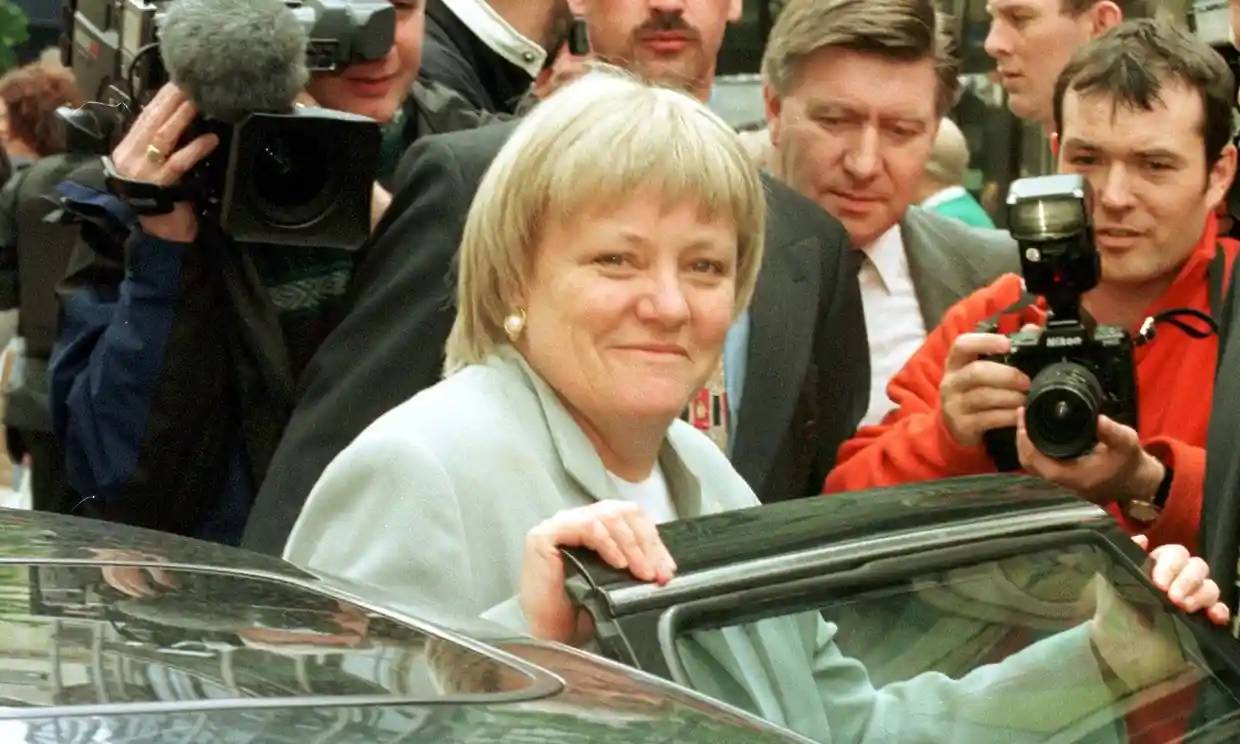
Mo Mowlam, Britain’s first woman Secretary for Northern Ireland, transformed the dialogue & was instrumental in achieving the GFA
Like Michael Collins, the GFA also failed to bring home a 32-county Irish republic. Not only on the first trip to London, but through countless trips.
It has, however, brought life. As Gerry Adams recently observed, many live today who may have been killed, without it. Those born there in the past 25 years have never known war in the north.
It’s brought hope, not only to Ireland, but to countries throughout the former British empire; who’ve suffered similarly lasting damage, long after the departure of colonial occupation forces. Those still struggling for any comparable solution to the mess left by western imperialism populate our news headlines every day with continuing bloodshed, throughout the Middle East, Africa, and Asia.
Failure teaches success.
The Anglo-Irish Treaty of 1921 was not the only settlement in that epoch which represented a high water mark of international diplomacy to date; and which similarly, spectacularly failed to resolve critical issues. It’s by no means merely coincidental that it was accompanied by other major agreements with “small nations,” of roughly the same period.
One glaring example was the ill-fated League of Nations. Certainly a milestone in human affairs, it was the first attempt at anything like an egalitarian council for dialogue among countries; with the precise purpose of preventing the kind of devastating global conflict seen in World War I.
It, also, proved a flawed effort. It founded an institution which couldn’t last. Yet it was a crucial beginning. Without that first, unsuccessful attempt, we might not have the United Nations today.
The year of the GFA’s 25th Anniversary has been marred by nay-sayers. In Northern Ireland, it’s sustained attacks from the usual political elements, such as objected to it from the beginning. Prominent editorials in some periodicals give space to critics who complain, so to speak, “What’s so great about it?”
The United Nations has earned its share of criticism, not without justice. For the best-planned institutions which human ingenuity can devise, must inevitably be maintained by human beings, with all their usual frailties.
Just the same, could we do without them?
Maybe it’s not the Good Friday Agreement or the United Nations which have prevented some of the terrible kinds of conflicts seen in the past.
But who’d be crazy enough to want to find out?
Read more
“The Assassination of Michael Collins:
What Happened At Béal na mBláth?”
by S M Sigerson
Paperback or Kindle edition here:
www.amazon.com/dp/1493784714
All other e-reader formats:
www.smashwords.com/books/view/433954
Read reviews:
http://www.rabidreaders.com/2014/12/03/assassination-michael-collins-s-m-sigerson-2/
Or ask at your local book shop
